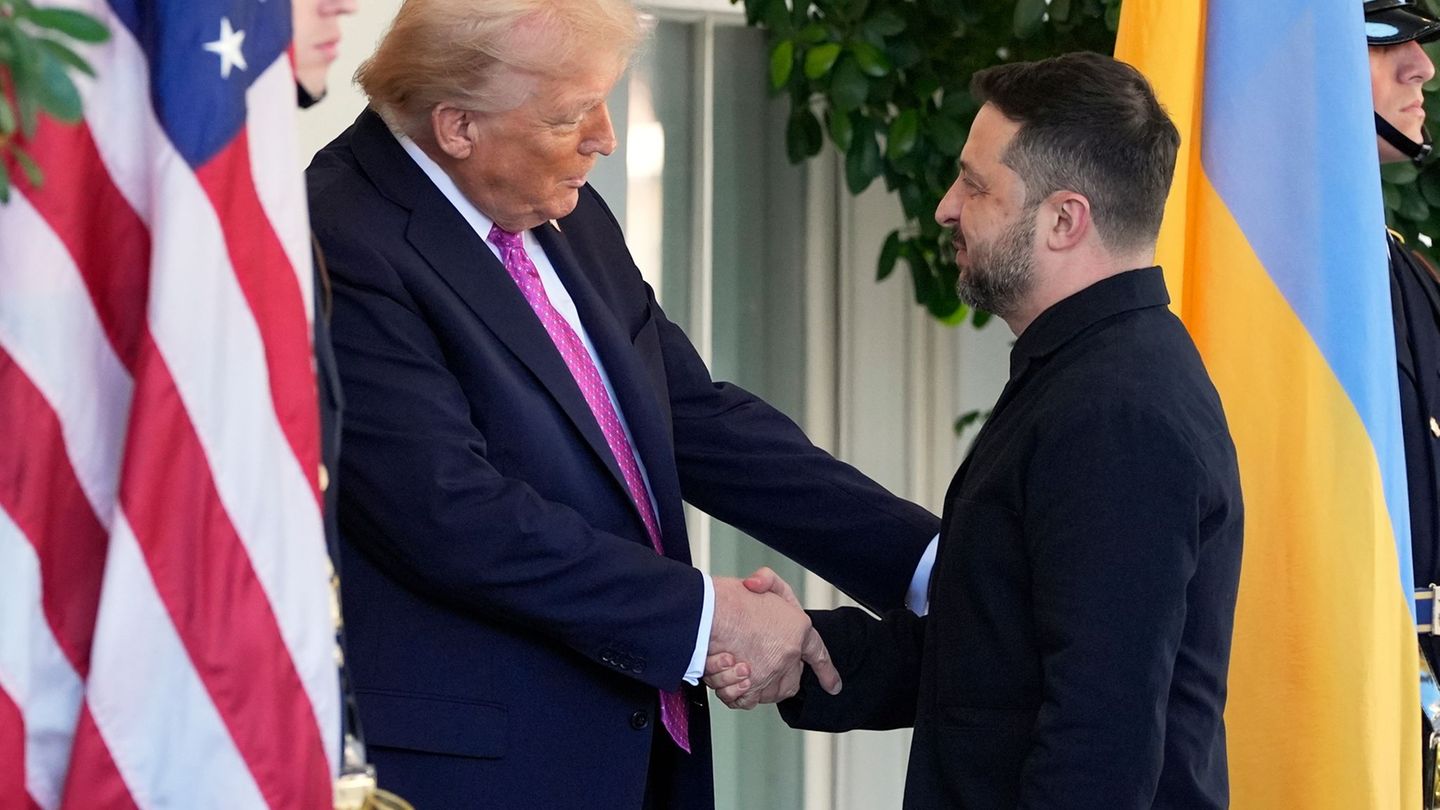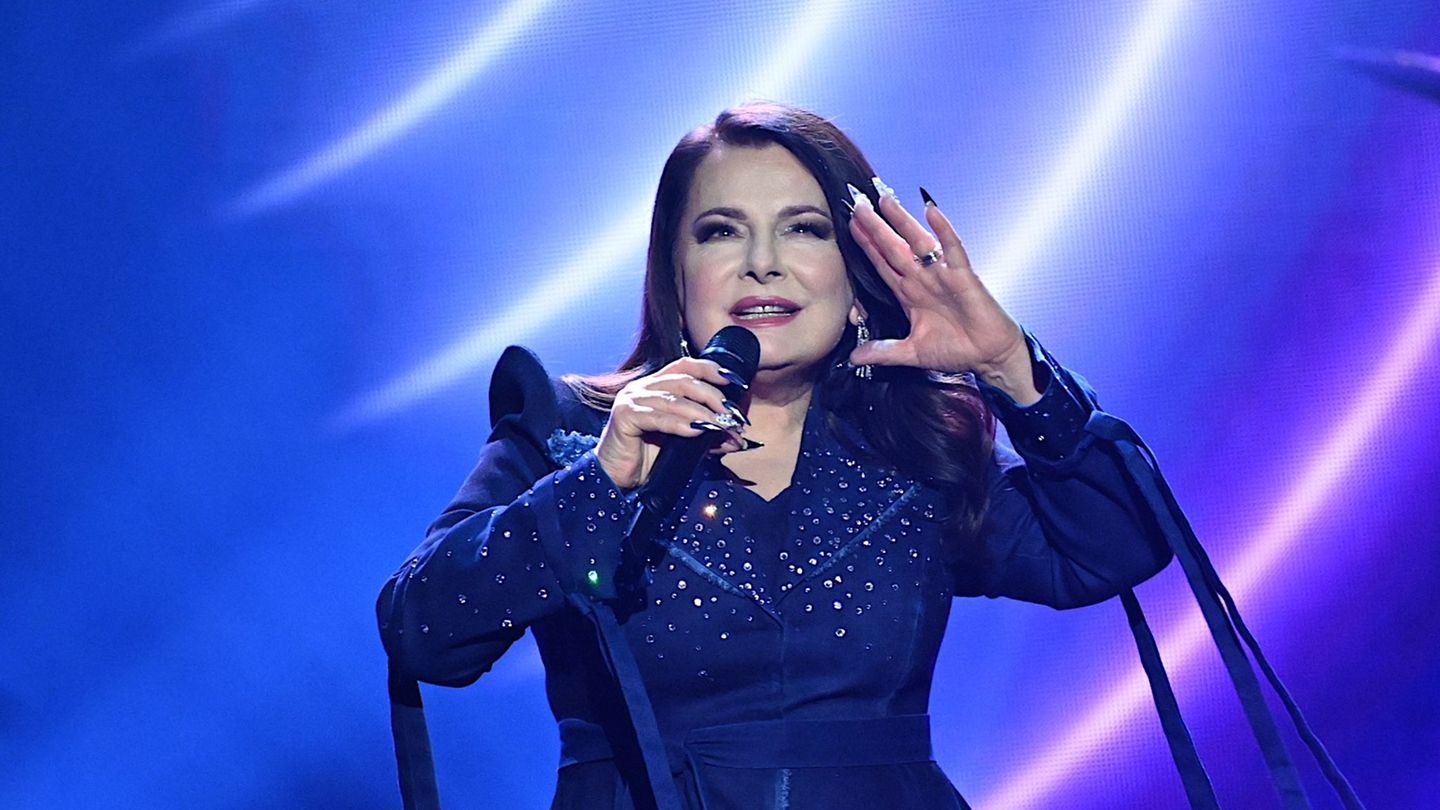Many people in Brandenburg cast their votes in the state election early in the day. A high turnout is expected.
There is a high voter turnout in the state election in Brandenburg. By 2 p.m., 46.1 percent of eligible voters had already cast their votes, the state election officer announced. In the previous state election in 2019, the figure at the same time was only 31.3 percent. The polling stations are open until 6 p.m.
The provisional figures do not include postal voters. It is expected that more than 20 percent of those eligible to vote will exercise their right to vote by post, it was said. Brandenburg’s Prime Minister Dietmar Woidke (SPD) appeared calm this morning. He is “optimistic about the result of the state election,” said Woidke after voting in his hometown of Forst (Spree-Neiße district). The poor poll results from months ago suggested a “certain hopelessness.” Now the polls are looking better again.
Other parties have tried to turn the state election into a vote on the traffic light government at the federal level, Woidke explained. “I don’t think that’s worth it.” The intelligence of the people of Brandenburg has been somewhat underestimated here. It’s about stability in the state and a state government that will then have to work for five years.
AfD wants to set “signs of hope”
The race for the most votes is likely to be between the SPD and the AfD. Its top candidate, Hans-Christoph Berndt, sees a possible victory for his party as a “clear sign of hope” that could emerge from the election. If the AfD continues to gain strength, “things will get better again in Germany,” said Berndt after voting in Golßen (Dahme-Spreewald district) this morning. However, Brandenburg’s fate will not be decided in an election, but in the next few years, said the politician.
The Green Party’s top candidate, Antje Töpfer, considers the election result to be groundbreaking. She fears a further strengthening of the AfD, which is being treated as a suspected right-wing extremist by the state’s Office for the Protection of the Constitution. It will be a “decisive election” about which country we want to live in, said Töpfer after casting her vote in Falkensee (Havelland district).
Her party colleague and Federal Foreign Minister Annalena Baerbock underlined the importance of the election. “A lot is at stake,” said the Green politician in Potsdam. She therefore expects a high voter turnout. In recent days, one has felt that people know the importance of this election.
The leading candidate of the Sahra Wagenknecht (BSW) coalition, Robert Crumbach, is hoping for a “good double-digit” result with his party right from the start. “That would be nice,” said Crumbach after casting his vote in Potsdam.
CDU top candidate Jan Redmann said that he had seen the last few weeks of the election campaign as a duel between Woidke and the AfD. “The AfD has benefited greatly from this,” said Redmann after casting his vote in Potsdam-Babelsberg. This worries him. “We must be less guided by tactical motives.” Instead, it is important to pursue a different policy that leads to less frustration.
Polls predict close race
Woidke had announced that he would only remain in government if the SPD won the election. In recent polls, the AfD was just ahead of the SPD, which has been the Prime Minister in Brandenburg since 1990 and is currently governing with the CDU and the Greens. There are usually 88 seats up for grabs in the Potsdam state parliament. If there are many overhang and compensatory seats, there can be up to 110 seats. In the 2019 state election, the SPD received 26.2 percent, the AfD 23.5 percent, the CDU 15.6 percent, the Left 10.7 percent and the FDP 4.1 percent. The Greens were at 10.8 percent and the Free Voters 5.0 percent.
Source: Stern
I have been working in the news industry for over 6 years, first as a reporter and now as an editor. I have covered politics extensively, and my work has appeared in major newspapers and online news outlets around the world. In addition to my writing, I also contribute regularly to 24 Hours World.




